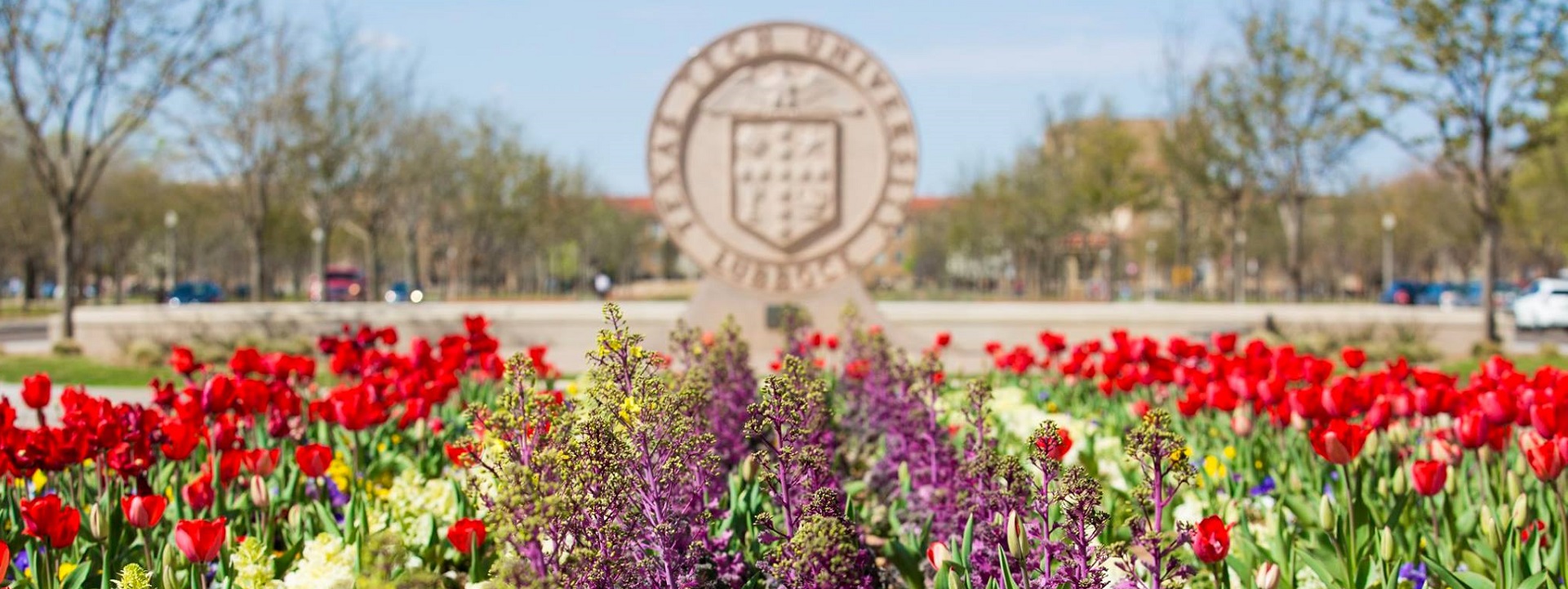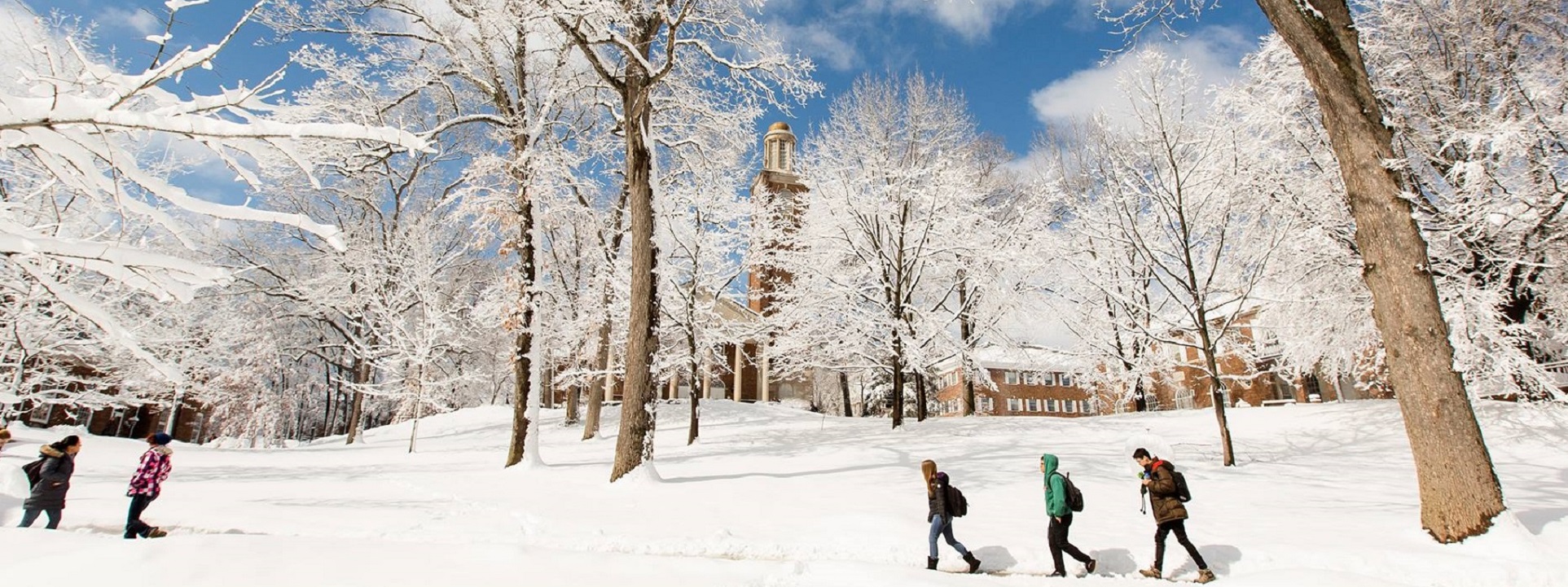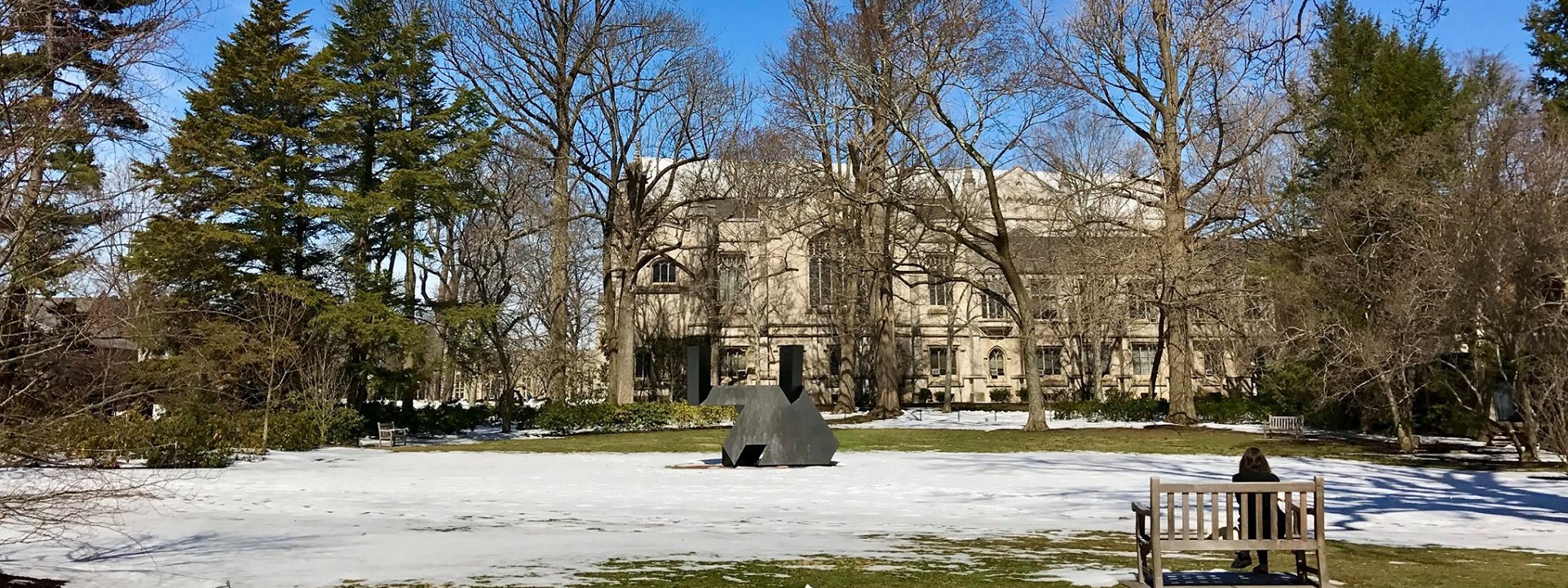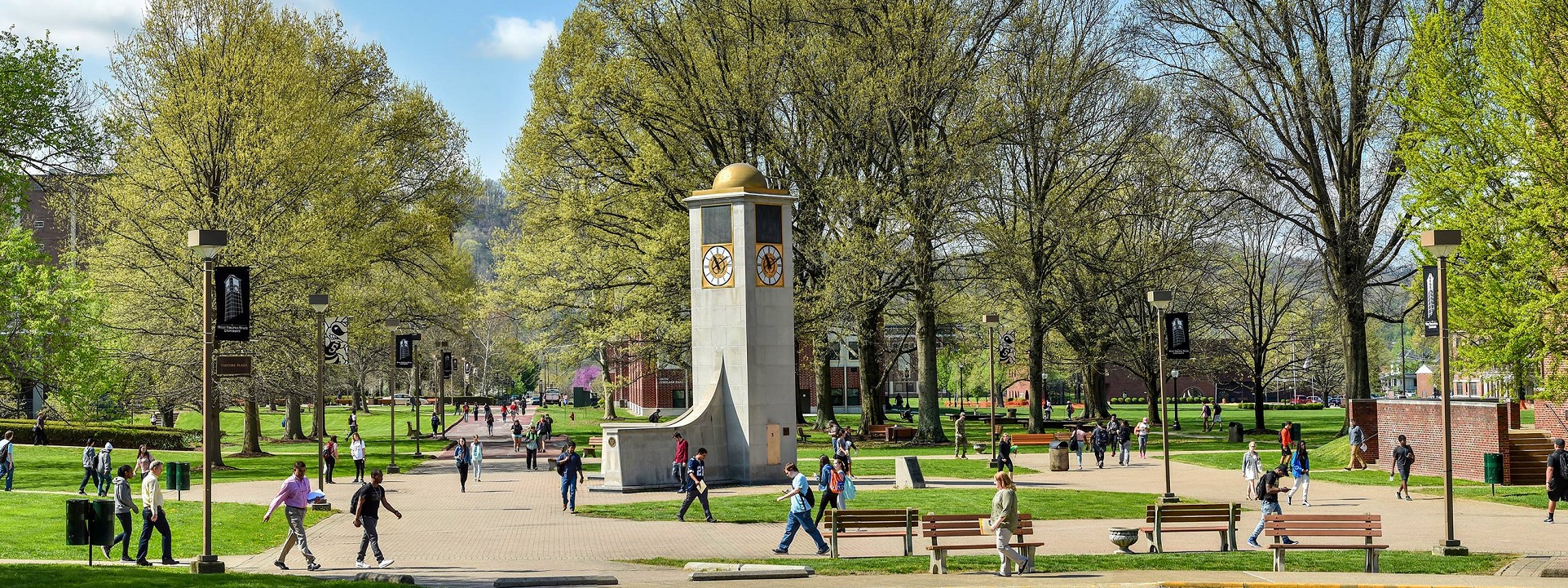ALWAYS ON
American Irish Breakfast
Students unpack their study abroad experience.
Six Week Priority
For the entirety of March, and until April 9th, we focus on preparing response to proposed changes to the IEEE 2028 National Electrical Safety Code, and to prepare fresh new ideas for the 2028 NFPA National Electrical Code. Topics coverage normally scheduled for this time of year will be accessible but our daily online meetings will start with work on those two standards. To join the "code-writing and vote-getting" use the login credentials at the upper right of our home page.
Bulletin Board
Curated updates posted by global standards developers.
Standards March: Water
Curated list of our interest and accomplishments in water-related codes, standards and related best practice literature.
Quadrivium: Winter
Educational settlements should be magical places. The stack informing the beauty of these "cities-within-cities" changes 100 to 1000 times per day globally. Titles are time-sensitive, copyright protected and land in public law. We monitor the action continuously to formulate response to public consultations. Topics appear on our CALENDAR and explored every day at 16:00 UTC. Recommend refresh of this web page once or twice to see timeliest information.
Vegetation & Animal Management
Facility Management units in educational settlements rarely deal with tree, bush and animal-related outages except where off-campus sources provide power to agricultural units. The IEEE Education & Healthcare Facilities Committee deals with these borderline cases, collaborating as needed with the IEEE Rural Electric Power Conference.
Current Issues & Recent Research
We examine the proposals for the 2028 National Electrical Safety Code; including our own. Public comment on proposed changes will be received until March 24th. The 2026 National Electrical Code which has recently been released for public use (public input on the 2029 revision will be received until April 9, 2026).
Stray Voltage: Sources and Solutions
Stray, tingle or neutral to earth voltage has been implicated as a problem for dairy and other livestock herds for approximately twenty years. For the livestock producer, awareness of and concern for tingle voltage should be one small component of the overall concern for the management and profitability of the herd, and the well being and productivity of the animals.
2022 Guide for Animal Deterrents for Electric Power Supply Substations
Among the most vulnerable links in a power network are points of interaction between live equipment and wildlife such as birds and scavenging carnivores. Taken together, these creatures present a constant threat to the safe operation of assets. Indeed, the global economy is said to suffer great losses each year due to sudden power disruptions and up to 12 percent of these are estimated to be due to wildlife intrusion.











